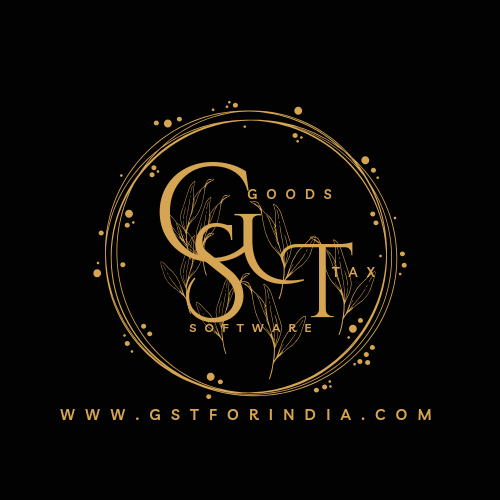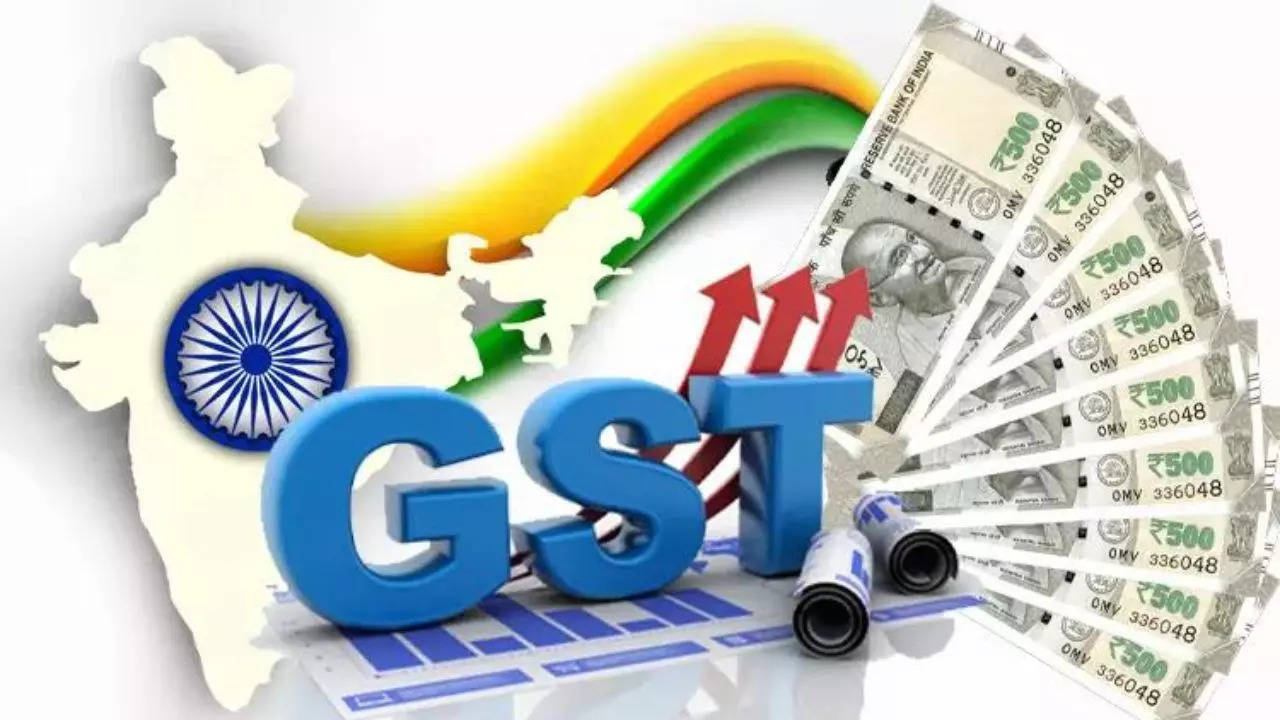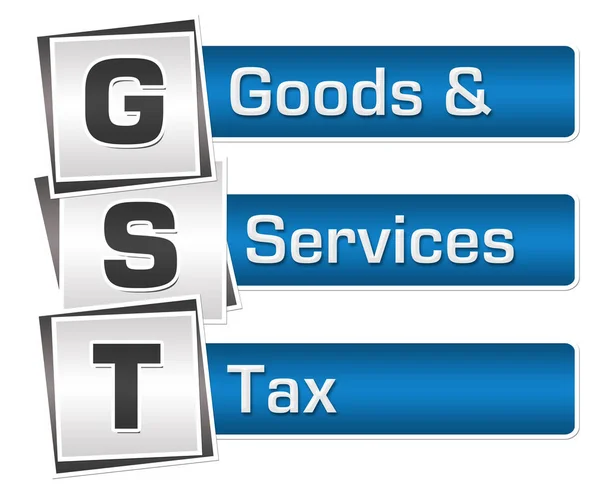The GST Council’s Upcoming Meeting: Key Issues and Expectations
On September 9, the Goods and Services Tax (GST) Council will convene for its second meeting in less than three months, following a lengthy nine-month hiatus. This crucial body, led by the Union Finance Minister and including representatives from States, plays a pivotal role in addressing taxpayer concerns and shaping GST policy.
A major topic of discussion is anticipated to be the review of GST’s intricate multi-rate structure. In June, the Council decided to evaluate the progress of a ministerial group (GoM) established in 2021 to address this issue. However, recent feedback from State Ministers suggests that progress may be slow, as many are reluctant to make significant changes when revenue figures are strong. The Council should ideally set a timeline for the GoM’s deliberations and encourage the development of alternative rate structures if consensus proves elusive. These alternatives could then be considered by the Council, potentially incorporating public feedback.
Additionally, there may be discussions on the feasibility of reassessing the 18% GST rate on specific goods and services, such as health insurance and life cover, which have recently been scrutinized by Parliament and other stakeholders. Previous evaluations by officials have not resulted in any changes, but renewed focus could lead to new developments.
Another complex issue is the potential inclusion of electricity, petroleum, and alcohol within the GST framework. Despite years of advocacy from industry and economists, this remains a contentious subject. States relinquished significant taxation power for the GST’s implementation and may be reluctant to give up more, especially given current strained relationships between some States and the Centre.
While these broader issues are critical, the Council must also pay attention to the operational aspects of GST. Despite a healthy 10% revenue growth this fiscal year, the pace of taxpayer refunds has been uneven. In three of the last five months, net GST receipts grew by less than 7%, while in months with lower refunds, receipts surged by about 15%. The Council should address these inconsistencies to avoid complications for businesses, such as registration and refund issues, and to resolve recent large tax demands affecting IT companies.
In summary, the upcoming GST Council meeting will be instrumental in addressing these pressing issues and setting the course for GST policy and administration.



Leave a Reply